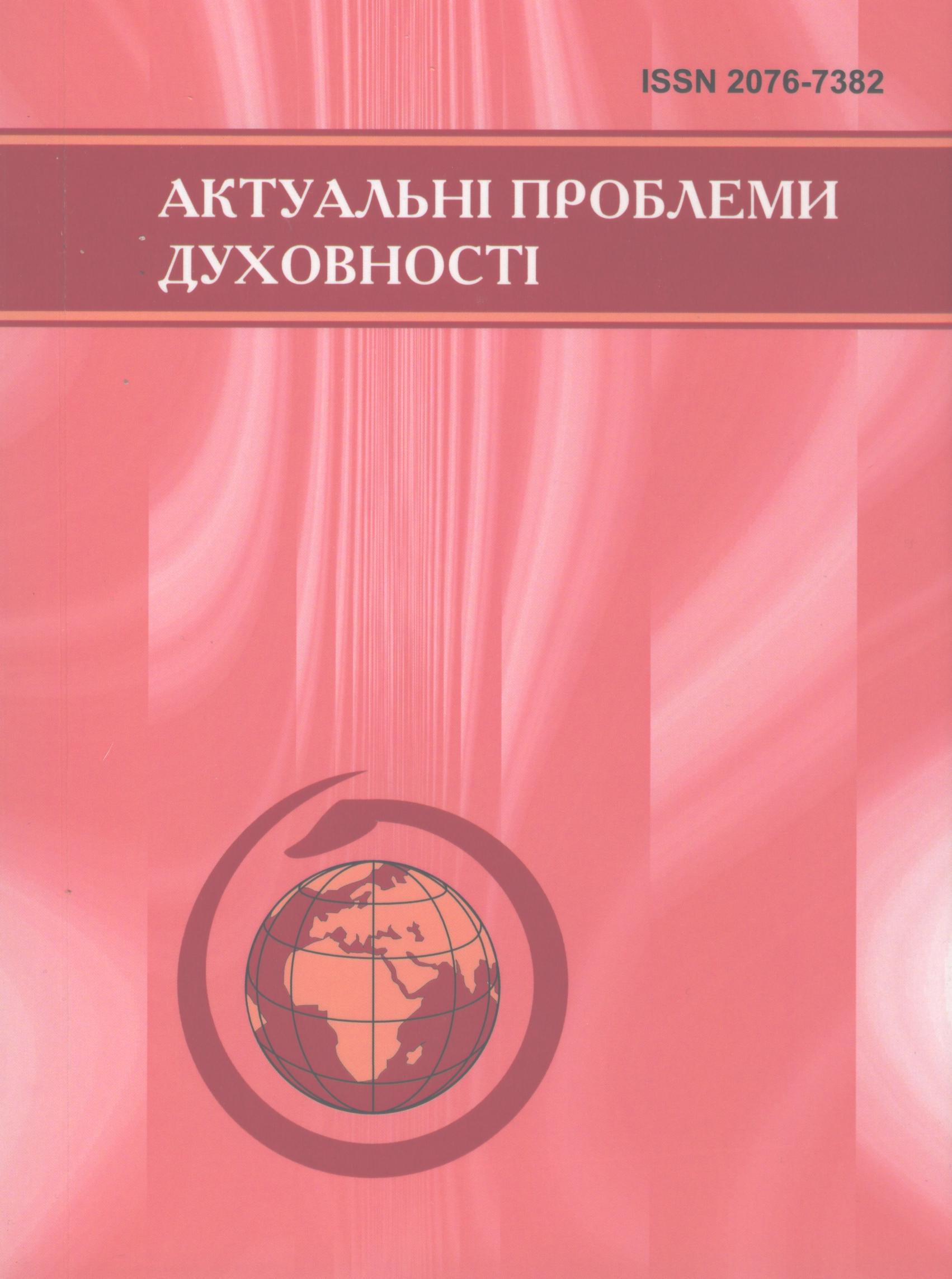Normative or ethical approach to the problem of personal identity in contemporary Anglo-American philosophy
DOI:
https://doi.org/10.31812/apd.v0i20.2509Keywords:
normative approach, personal identity, agent, practical identity, rational unity, agency-regarding relations.Abstract
The paper considers the problem of personal identity in normative or ethical approach, which developed in Anglo-American philosophy in 1990th. The article states that D. Parfit’s non-reductionism and E. Olson’s animalism contributed to its development. Normative approach treats person as moral agent, who constitutes own self in choices according to their own ideas of good. Personal identity is understood not as formal equality relation between two person-stages over time, but as constitution of self in the process of deliberation. The paper outlines the concept of practical identity by K. Korsgaard and the idea of personal identity as rational unity in agency-regarding relations by K. Rovane.
Downloads
References
Bratman, M. E. (2002). Hierarchy, Circularity, and Double Reduction. In S. Buss & L. Overton (Eds.), Contours of agency: Essays on themes from Harry Frankfurt (pp. 65-85). Massachusetts: The MIT Press.
Cohen, G. A. (2010). Reason, humanity, and the moral law. In O. O’Neill (Ed.), The Sources of Normativity (pp. 167-188). Cambridge: Cambridge University Press.
Erikson, E. H. (1968). Identity: Youth and crisis. New York, NY: W. W. Norton & Company, Inc.
Forstrom, K. J. S. (2010). John Locke and personal identity: Immortality and bodily resurrection in seventeenth-century philosophy. London: Continuum International Publishing Group.
Frankfurt, H. G. (1999). Necessity, volition, and love. Cambridge: Cambridge University Press.
Gallie, I. (1936). Is the Self a Substance? Mind, 45 (177), 28-44.
Geuss, R. (2010). Morality and identity. In O. O’Neill (Ed.), The Sources of Normativity (pp. 189-199). Cambridge: Cambridge University Press.
Grice, H. P. (1941). Personal identity. Mind, 50, 330-350.
Korsgaard, C. (1989). Personal identity and the unity of agency: A Kantian response to Parfit. Philosophy & Public Affairs, 18, 101-132.
Korsgaard, C. (2009). Self-Constitution: Agency, identity, and integrity. Oxford: Oxford University Press.
Korsgaard, C. (2010). The Sources of normativity. O. O’Neill (Ed.). Cambridge: Cambridge University Press.
Locke J. (1924). An essay concerning human understanding. A. S. Pringle-Pattison (Ed.). Oxford : The Clarendon Press.
Martin, R. & Barresi, J. (2000). Naturalization of the soul: Self and personal identity in the eighteenth century. London: Routledge.
McTaggart, J. M. E. (1927). The nature of existence (vol. 2). Cambridge: The University Press.
Olson, E. T. (1999). The human animal: Personal identity without psychology. New York, NY: Oxford University Press.
Parfit, D. (1971). Personal identity. Philosophical Review, 80, 3-27.
Parfit, D. (1984). Reasons and persons. Oxford: Clarendon Press.
Rovane, C. (1998). The bounds of agency: An essay in revisionary metaphysics. Princetoon: Princeton University Press.
Schechtman, M. (2008). Diversity in Unity: practical unity and personal boundaries. Synthese, 162, 405-423.
Schechtman, M. (2014). Staying alive: Personal identity, practical concerns, and the unity of a life. Oxford : Oxford University Press.
Strawson, G. (2014). Locke on personal identity. Princeton: Princeton University Press.
Strawson, G. (2015). “The secret of all hearts”: Locke on personal identity. Royal Instityte of philosophy Supplement, 76, 111-141.
Thiel, U. (1998). Personal identity. In D. Graber & M. Ayers (Eds.), The Cambridge History of Seventeenth-Century Philosophy. Vol 1. (pp. 865-912). Cambridge: Cambridge University Press.
Velleman, J. D. (2002). Identification and Identity. In S. Buss & L. Overton (Eds.), Contours of agency: Essays on themes from Harry Frankfurt (pp. 91-123). Massachusetts: The MIT Press.
Downloads
Published
Issue
Section
License
Copyright (c) 2019 Olena Olifer

This work is licensed under a Creative Commons Attribution 4.0 International License.





